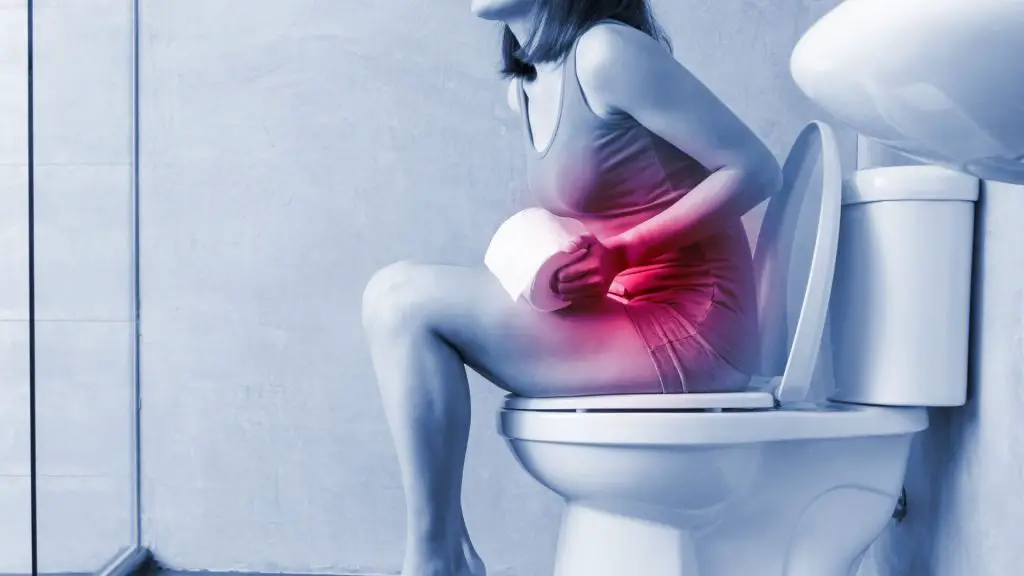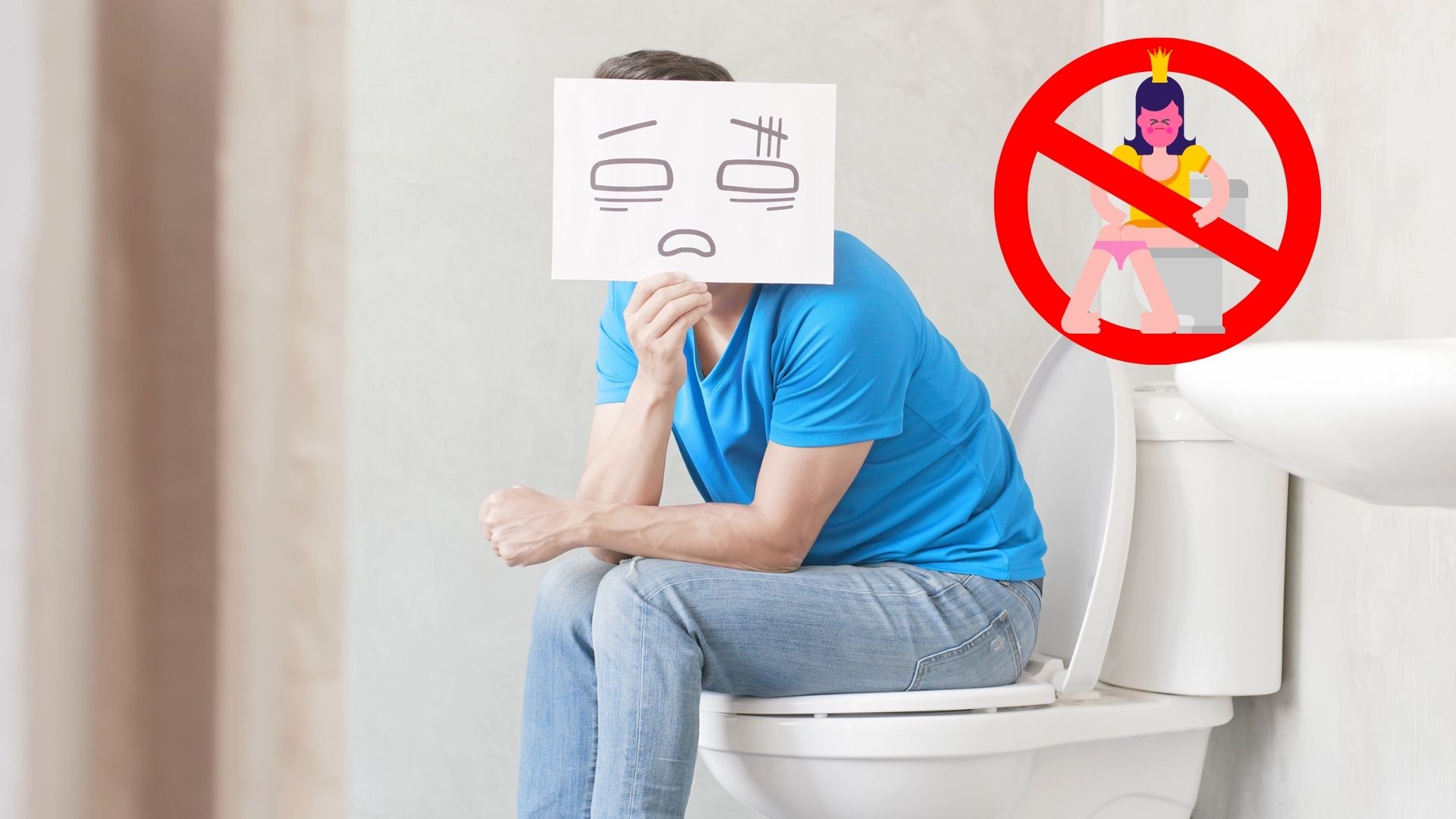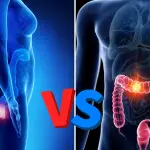There is a very close link between hemorrhoid and constipation. While hemorrhoids can cause constipation, fighting the latter undoubtedly helps to find relief from inflamed hemorrhoids. Let’s find out the correlation between these two disorders and what habits we can maintain to have a healthy life and safeguard ourselves from the problem.
We remind you that inflamed hemorrhoids are a very common ailment, which affects a good portion of the population worldwide. We keep this premise to underline the fact that it is not a disorder to be embarrassed about, also because, if addressed in the right way, it is possible to find a potentially definitive solution.
Hemorrhoid and constipation: the correlation
As we know, the hemorrhoidal plexus is composed of hypervascularized spongy pads located in the anal area. Their physiological task is to contribute to the containment of faeces, keeping the anus closed.
Under normal conditions, therefore, hemorrhoids remain inside the anal canal without creating any disturbance, but rather carrying out an important task for our body. Disorders begin to be felt when the hemorrhoids undergo an inflammatory process, which can even lead to their release towards the outside.
The causes that lead to inflammation and bleeding of hemorrhoids are different.
It has been seen that, in addition to a certain predisposition to incur haemorrhoidal disease, poor eating habits, a sedentary lifestyle and being overweight can favor their onset. Hemorrhoids come out of the anal canal when they are pushed by a rectal prolapse, or by a greater laxity and sagging of the anal mucous membranes.
What does constipation have to do with all this? Hemorrhoid and constipation are linked by a cause-effect correlation: constipation can be the cause of rectal prolapse and therefore of hemorrhoids and, at the same time, it can in turn be caused by the prolapse itself, which occludes the anus, making more difficult evacuation.
This is why prevention becomes essential, which goes to counteract all those bad habits that can lead to constipation and hemorrhoids.

Hemorrhoid and constipation: what is ‘stypsis’
Constipation is a decrease in the number of bowel movements, with hard stools and excessive effort during their expulsion. It is important to point out that constipation, or constipation, is not a disorder in itself, but a symptom of the presence of alterations in intestinal function.
The onset of constipation occurs above all among those people who carry out a rather sedentary lifestyle and with little attention to nutrition. Another cause can be pelvic floor diseases that make defecation difficult, but in the vast majority of cases it is due to a lack of fiber in the diet.
Constipation can promote the onset or worsen hemorrhoidal disease, when already present. In fact, the most solid excrements rub against the hemorrhoids, causing pain, bleeding and a worsening of inflammation, as well as a progressive collapse of the anal mucous membranes, due to the intense effort during the evacuation, which could lead to a rectal prolapse.
Nutrition and physical activity
Maintaining a healthy lifestyle will help you combat both the onset of hemorrhoids and the problem of constipation. Your general health will be much better with a positive effect on countless aspects of your life, including the social sphere and the relationship with your loved ones. The better you feel, in fact, the more energy you can devote to your family.
You will therefore have to pay attention to all those behaviors that can promote correct intestinal motility:
- Consume foods rich in fiber: fruits, vegetables, legumes and cereals, especially wholemeal ones;
- Drink a lot (no carbonated drinks and alcohol) which will make the fecal mass softer;
- In case of constipation, it can be useful to take natural fiber supplements, for example psyllium-based preparations;
- Practicing physical activity consistently.






